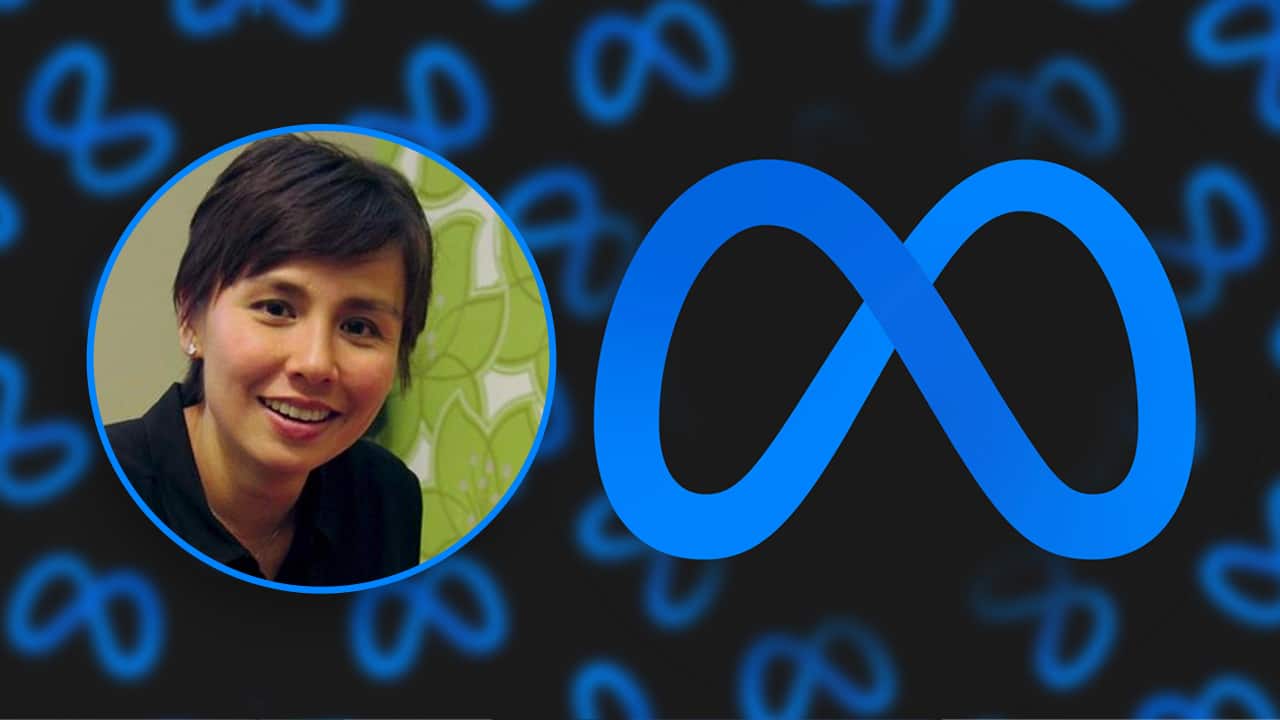Misinformation about COVID-19 and the vaccines has been blamed for encouraging skepticism about the pandemic and even vaccine refusals in many parts of the world, including Pakistan.
Digital platforms have faced a lot of criticism for letting baseless conspiracy theories be shared widely on their platform. Facebook, now known as Meta, insists it has a strategy to combat the spread of misinformation, which includes changing its policies, linking people with reliable information, and public education campaigns.
ProPakistani’s digital journalist and Head of Strategic Communications, Bakhtawar Mahmood, got a chance to talk to Alice Budisatrijo, Meta’s Head of Misinformation Policy for APAC, about Meta’s strategy to combat the spread of such misinformation.
Here’s how the conversation unfolded.
Bakhtawar: Why is Facebook actively working on Covid misinformation?
Alice: With the COVID-19 pandemic entering a third year, we want to support the health experts and authorities around the world in the efforts to end it.
Our strategy is to promote reliable information about COVID-19 and take more aggressive action against harmful misinformation about COVID-19 and the vaccines.
So far we’ve connected over 2 billion people to authoritative information from health experts, removed more than 20 million pieces of COVID-19 misinformation, and labeled more than 190 million pieces of COVID-19 content that were rated by our fact-checking partners. And we know there is a lot more to be done.
We are also launching the fightcovidmisinfo.com campaign to remind people in Pakistan to take a pause and think critically before sharing any information online, and we partner with creators to reach a broader audience.
Bakhtawar: How do you determine what types of COVID-19 misinformation violate your policies?
Alice: Since 2018 we have had the policy to remove misinformation that could risk physical harm. When the pandemic started, we began applying that policy to misinformation about COVID-19.
This is because we heard from the health experts that if people believe in certain types of COVID-19 misinformation such as false cures, false prevention, or false information about the severity of the disease, they would be more likely to get sick and infect others.
When the COVID-19 vaccines started to become available, we further updated our policy to prohibit misinformation about the vaccines that could discourage vaccinations, such as false claims about vaccine safety, efficacy, ingredients, and how it is developed.
We continue to update the policies as false news trends evolve. For example, we initially did not include magnetism as a violating vaccine side effect claim.
But when videos falsely claiming the COVID vaccine causes magnetism started going viral, we consulted with the health experts who unequivocally debunked the claim, and we added it to our policy.
The full policy is available here.
Bakhtawar: Why are anti-vax misinformation super spreaders still allowed on your platform?
Alice: There is no single definition of vaccine misinformation. What is misinformation about a vaccine side effect for one person may be a real personal experience for another.
Having said that, we have policies against verifiably false claims about COVID-19 and vaccines that we enforce – and when an account repeatedly violates these policies we enforce penalties which ultimately could result in the account’s removal.
But also keep in mind that our policies and enforcement are confined to what happens on our platforms. That means if a person is known for spreading anti-vaccine sentiment generally, but they have not posted enough violating content on Facebook, they can still post content on Facebook.
Bakhtawar: How many accounts have you removed for violating your COVID-19 misinformation policies?
Alice: Since the beginning of the pandemic across our entire platforms, we have removed over 3,000 Profiles, Pages, and Groups for repeatedly violating our rules against spreading COVID-19 and vaccine misinformation, and removed more than 20 million pieces of content for breaking these rules.
When we remove a Profile, Page, or Group for violating our policies, we also prevent the same user from being able to create another account for the same purpose as the account we removed for violating our policies.
Bakhtawar: Why don’t you just remove all vaccine misinformation?
Alice: There is no consensus on what is vaccine misinformation. Our policies are developed through consultations with health experts like the WHO and the Centers for Disease Control and Prevention (CDC).
We don’t allow people to post claims such as the COVID vaccines cause blood clots, for example, and that is because the health experts say it is false and such a claim could contribute to vaccine rejection. But there have been times when the same experts found a possible link between certain vaccines and blood clots.
As more studies were being done on the issue, there were a lot of discussions that people were having on our platforms, and a lot of news reports on it too. When all of that was going on, some people thought we restricted too much speech, and others believed we didn’t do enough.
So we continuously update our policies to keep up with the latest information we get from the experts, and we only remove claims they have debunked. On top of that, we work with independent third-party fact-checkers who review and debunk other false claims about COVID-19 and vaccines.
When a fact-checker rates a post false, we reduce its spread on our platforms so a lot fewer people will see it, and we show people warning labels with accurate information from the fact-checker.
Bakhtawar: How does Facebook make sure the fact-checkers are competent and not biased? And how are they chosen?
Alice: We partner with over 80 independent third-party fact-checkers globally, including AFP and Soch Fact Check in Pakistan.
To join the program, our fact-checking partners have to go through a rigorous certification process with the non-partisan International Fact-Checking Network (IFCN)—a subsidiary of the journalism research organization Poynter Institute, which requires fact-checkers to be non-partisan, transparent about their ownership, funding, and methodology, and have an open and honest correction policy.
The IFCN’s specific criteria is available publicly.
Bakhtawar: Do you allow people to share personal stories about bad or fatal reactions to vaccines?
Alice: We allow people to share personal experiences around vaccines as long as they don’t claim that what happened to them will happen to everybody else too.
The difficulty with this policy is sometimes we have to thread a very thin line between a personal story, which we allow, and advocacy to refuse vaccines, which we prohibit. And sometimes it is not even clear whether a post is a genuine personal experience or a story that is completely made up.
Health experts have said that they’d be concerned about social media removing content where people discuss what seem like legitimate questions or concerns about vaccines. Allowing personal stories about vaccines fosters the type of open dialogue that experts believe is necessary to overcome vaccine hesitancy.

























